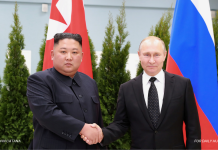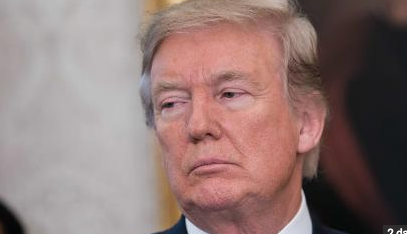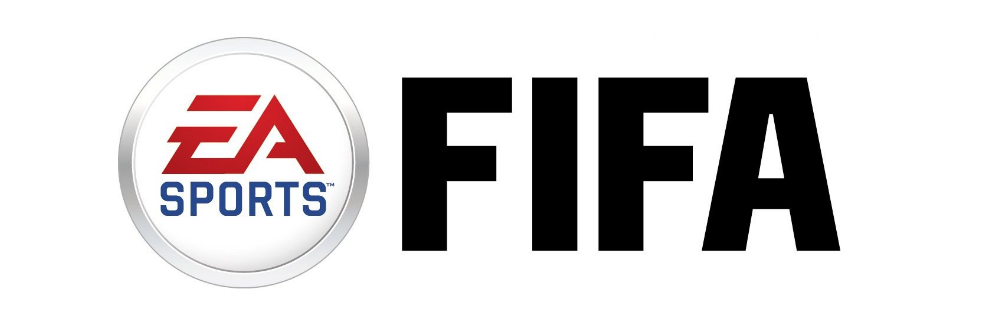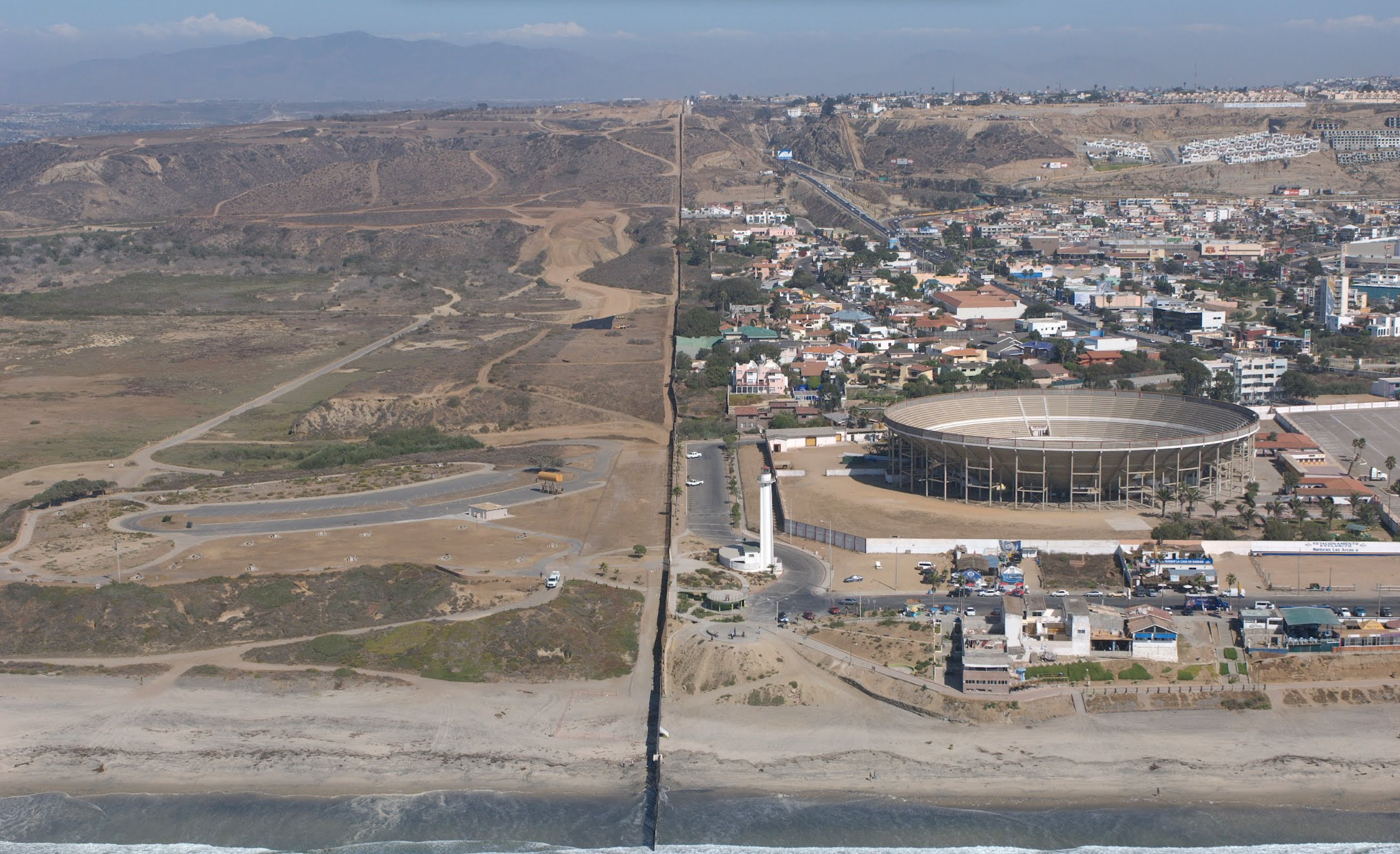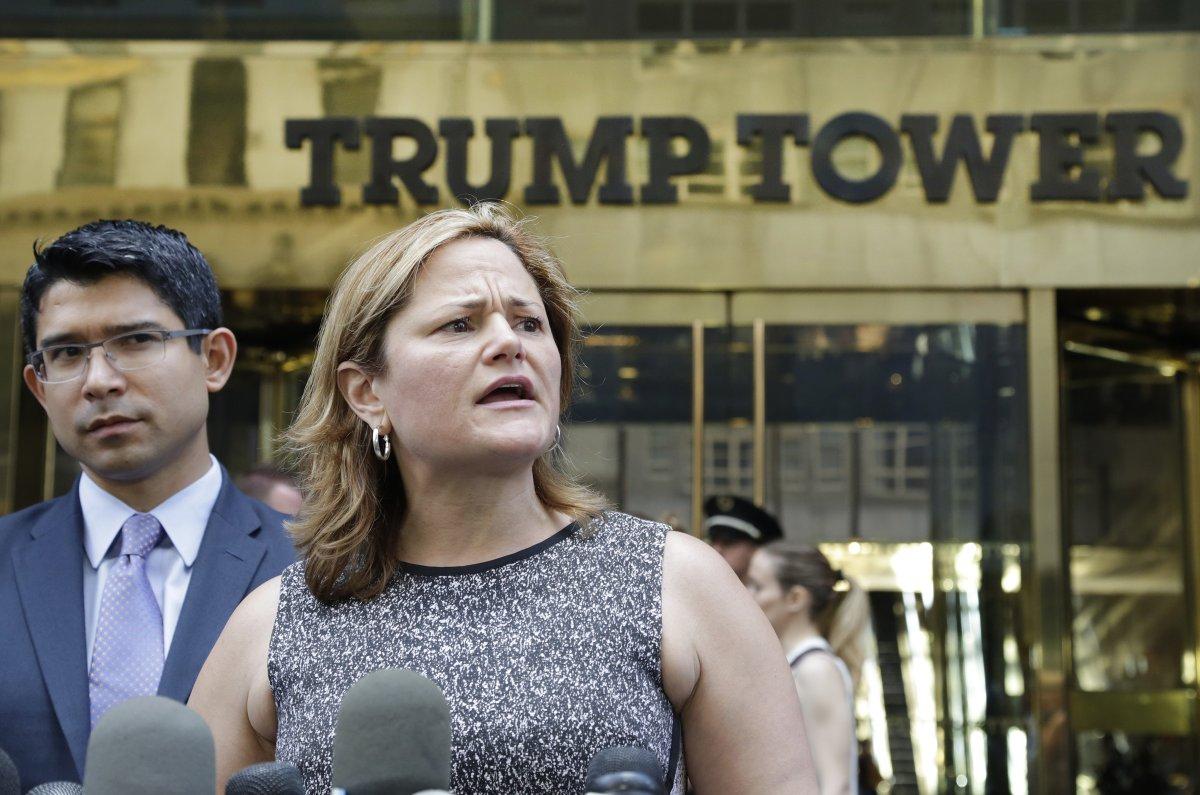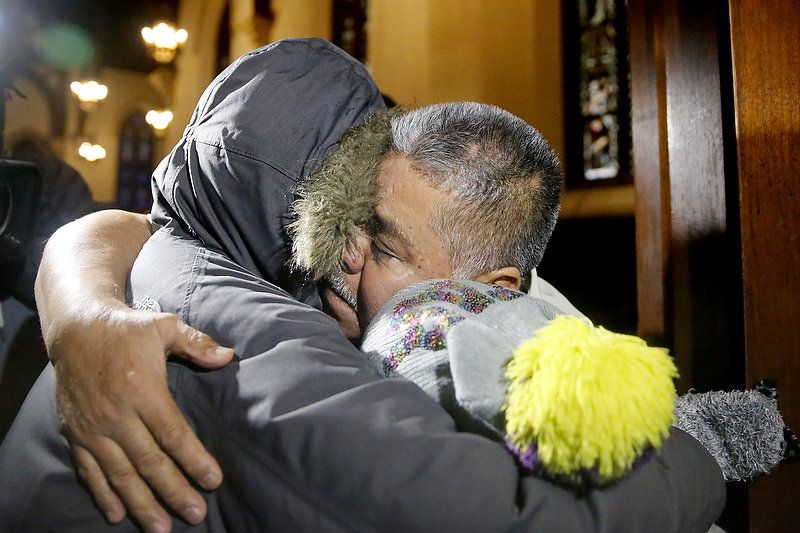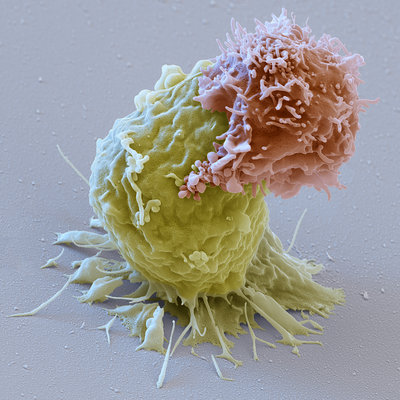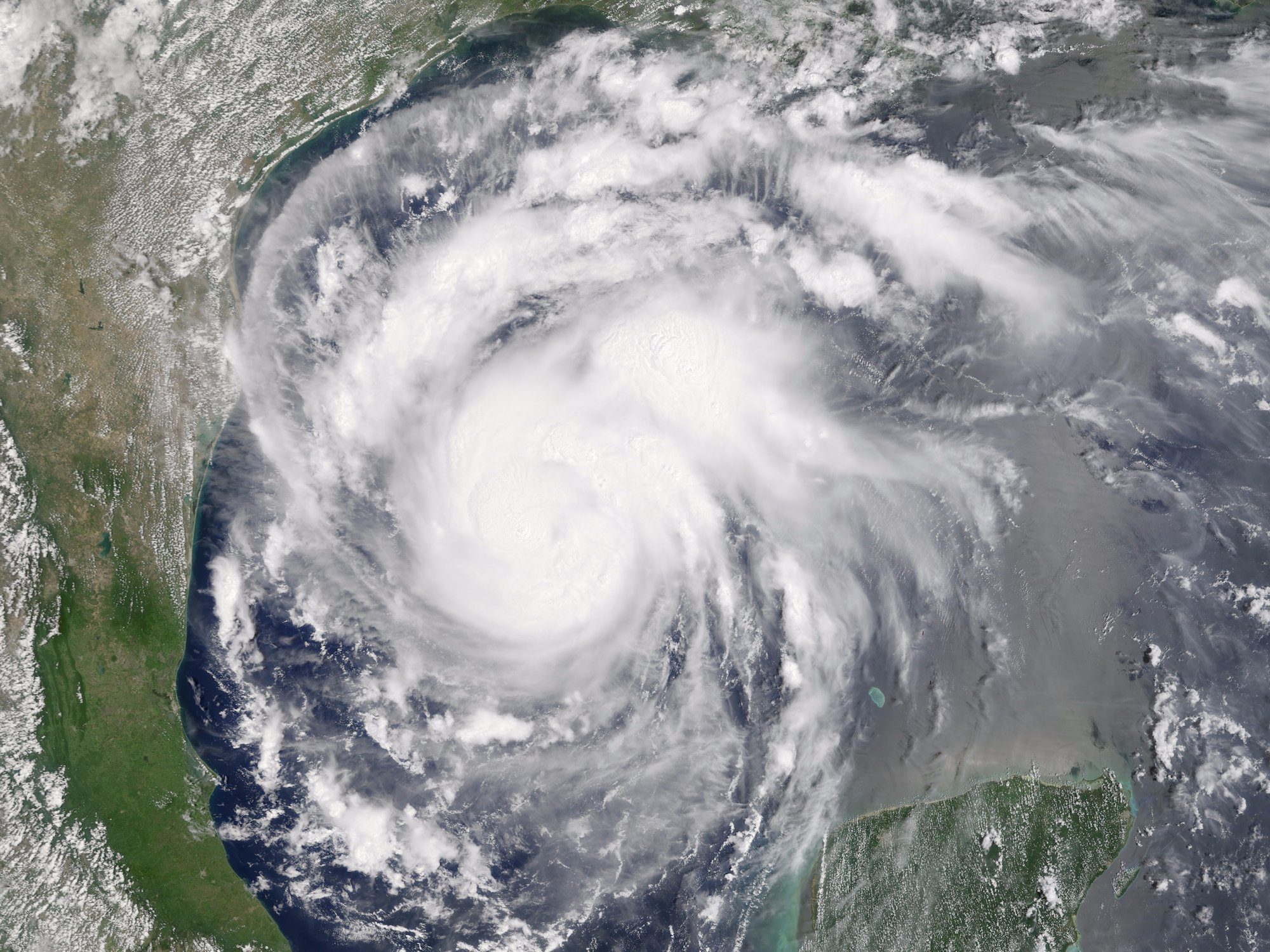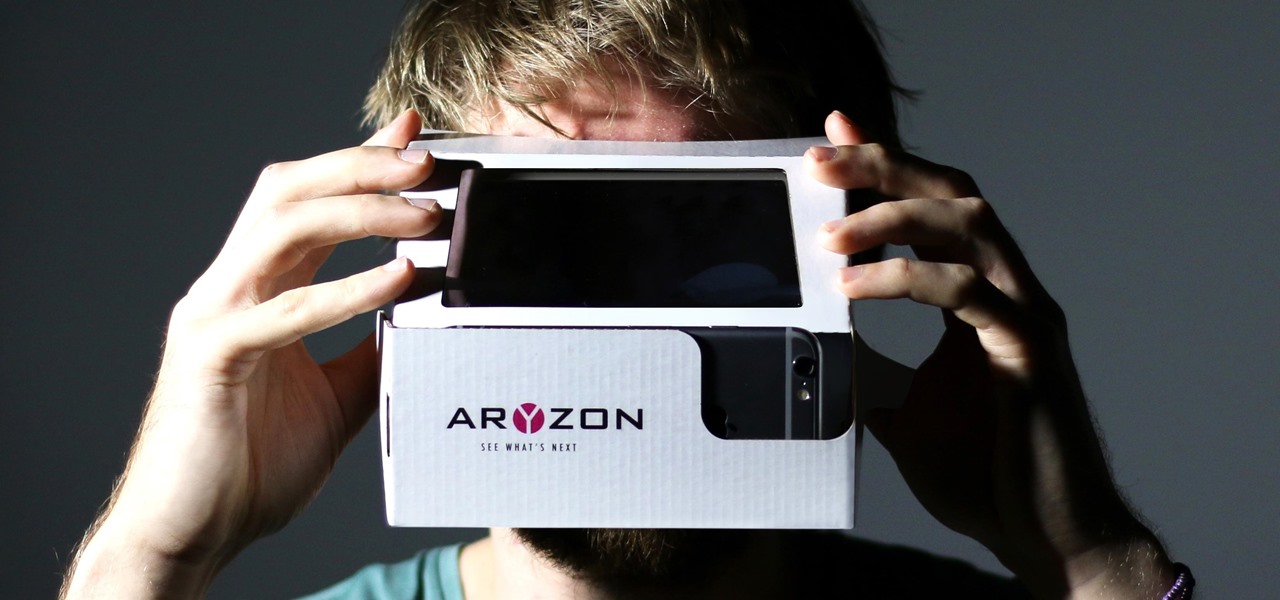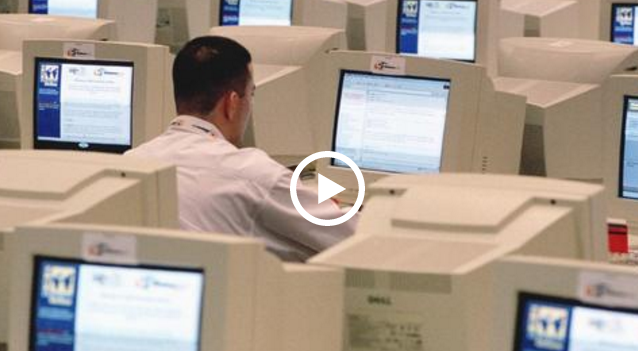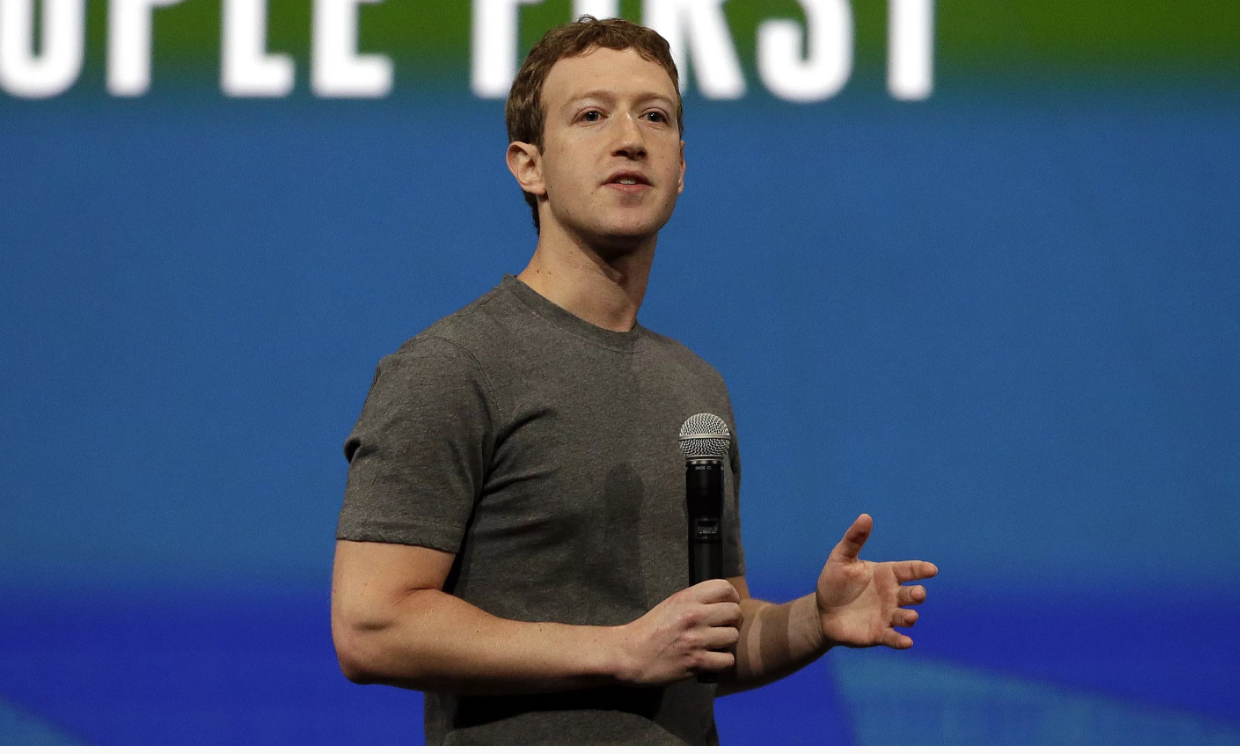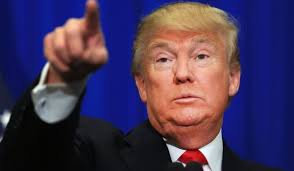PARIS — A deadly shootout on Paris’s best-known boulevard darkened the final day of campaigning Friday in France’s pivotal presidential election, as President Trump predicted that the attack would help shape the outcome of voting Sunday.
Trump did not elaborate on how the latest apparent Islamist-linked violence could sway the vote, but far-right candidate Marine Le Pen has raised many of the same anti-immigrant and security issues that were pushed by Trump during his campaign.
“Another terrorist attack in Paris,” Trump wrote in a Twitter post. “The people of France will not take much more of this. Will have a big effect on presidential election!”
The French election has become a critical test of strength for Le Pen and her National Front party at a time when nationalism has overshadowed other votes in the West, including Trump’s victory and last year’s British referendum on leaving the European Union.
Le Pen’s opponents, meanwhile, have urged France to stand against the hard-line rhetoric that has dominated her campaign.
Despite a promise not to campaign following Thursday’s attack on police on the renowned Champs-Elysees, Le Pen reinforced her message in a speech Friday, calling on the French government to immediately reinstate border checks and expel foreigners being monitored by the intelligence services.
“My government of national unity will implement this policy, so that the republic will live, and that France will live,” she said in an impromptu news conference.
Despite some early calls to postpone Sunday’s first round of voting to elect a new president, Interior Minister Bernard Cazeneuve told reporters Friday morning that “nothing should hinder this fundamental democratic moment for our country.” He pledged heightened security as French voters go to the polls, including deployments of heavily armed soldiers from France’s Operation Sentinelle.
It was not immediately clear whether the timing of Thursday’s attack was linked to the election. But it appeared to have that effect in the public’s mind — coming as the 11 candidates were speaking in a televised debate event before a reported audience of millions.
One police officer was killed and two others were seriously injured when a gunman opened fire with a Kalashnikov assault rifle on a police patrol parked on the avenue, sending pedestrians fleeing into side streets. The Islamic State claimed responsibility.
The gunman was then shot dead as he tried to escape, Paris prosecutor François Molins told reporters. Investigators subsequently found a number of knives and a pump-action shotgun in the gunman’s car.
François Molins declined to disclose the gunman’s identity because of the ongoing investigation.
But European intelligence officials confirmed to The Washington Post that the attacker was named Karim Cheurfi and was known to French intelligence, having previously come to authorities’ attention because of possible links to terrorist networks.
Two French officials told the Associated Press that the gunman was detained in February for allegedly threatening police but was then released for lack of evidence.
Early Friday, French authorities were also looking for a second suspect in connection with the shooting, Pierre-Henry Brandet, a spokesman for the French Interior Ministry, said Friday on Europe 1 radio. A Belgian man was initially identified as the suspect, but authorities in Brussels said he had been misidentified and that they were still trying to determine whether any Belgians were involved.
The slain police officer, identified Friday by police officials only as Xavier J., was a member of the LGBT police association and had spent his entire career in Paris. He was 37 years old.
In November last year, according to L’Express newspaper, he had attended a concert that reopened the Bataclan Theater, the main target in a series of Islamic State attacks on Paris in November 2015. “This concert is meant to celebrate life,” he told a reporter. “To say no to terrorists.”
As the candidates vowed to suspend campaign events to honor the fallen officer, analysts were quick to say that the shooting, in a country that has suffered a string of devastating terrorist attacks in the past two years, was particularly advantageous for the right-wing, anti-immigrant presidential contenders — especially Le Pen, who has been sharply critical of “Islamist terrorism” for weeks.
The attack was claimed with unusual speed Thursday night by the Islamic State through its affiliated Amaq News Agency, which said it was carried out by a Belgian national it identified only by the pseudonym Abu Yusuf al-Baljiki.
But analysts urged caution in interpreting the information.
“It’s never happened in the past so quickly,” said Jean-Charles Brisard, an intelligence expert and director of the Paris-based Center for the Analysis of Terrorism, referring to the Islamic State tendency to claim attacks.
“Perhaps the individuals in question had some kind of coordination and were in contact with them,” he said, referring to the Islamic State, “but we should also not rule out the possibility that Amaq was too hasty in releasing its statements.”
On Friday, French police detained three family members of the dead gunman in the Paris suburbs, the Reuters news agency reported, citing legal sources.
The attack is expected to weigh heavily on voters’ minds as they prepare to go to the polls Sunday for the first round of the presidential election, which comes amid rising political extremes and ranks among France’s most crucial votes in decades. At stake is whether the country will remain in the European Union.
Until now, the contentious campaign has featured many themes — immigration, unemployment, taxation, globalization — but has lacked a central, defining issue. Thursday’s attack, analysts said, could be a last-minute game changer.
“Now there is a structuring thematic, and that thematic is terrorism,” said François Heisbourg, a defense expert and former French presidential adviser on national security. “But if terrorism will now be at the front of everyone’s mind, we have no idea how that plays.”
The candidates, especially on the right, wasted no time in emphasizing the gravity of the issue.
Echoing Le Pen, François Fillon, the embattled contender from France’s more mainstream conservative party, said Friday that the fight against “Islamist totalitarianism” should be “the priority of the next government.”
By contrast, Emmanuel Macron, the popular independent candidate vying for the presidency, however, was quick to argue against any fearmongering.
“We must not yield to fear today,” he said Thursday. “This is what our assailants are waiting for, and it’s their trap.”
It remains unclear what kind of effect the Champs-Elysees attack could have on French voters. Similar incidents in the past have led to both the embrace and rejection of right-wing agendas.
In 2002, for instance, a law-and-order scandal just before the first round of the vote partially helped Jean-Marie Le Pen, the father of Marine Le Pen and founder of the National Front, to win enough votes to enter the second and final round. Le Pen ultimately lost by a landslide in that final contest, but his momentary rise would have been unlikely without the last-minute incident, experts said.
But in 2012, a terrorist attack on a Jewish school in Toulouse in the final weeks before the French election that year did not swing the polls in favor of conservative Nicolas Sarkozy, then the incumbent, hard-line president with a reputation for being tough on crime. François Hollande, a socialist, won that election instead.
Similarly, in advance of Britain’s referendum on European Union membership in June 2016, the murder of Jo Cox, a pro-“Remain” member of the British Parliament, by a nationalist supporter of the “Leave” campaign, did not dissuade British voters from voting to exit the E.U., as analysts had speculated it might.
The Islamic State has asserted responsibility for previous attacks in France, including the coordinated November 2015 terrorist assault on multiple targets in Paris that left 130 people dead and more than 360 wounded.
After that attack and others in the past two years — many perpetrated by Islamic State militants or those claiming to be inspired by the extremist group — terrorism and national security have become crucial issues in France’s most contentious election in decades.


